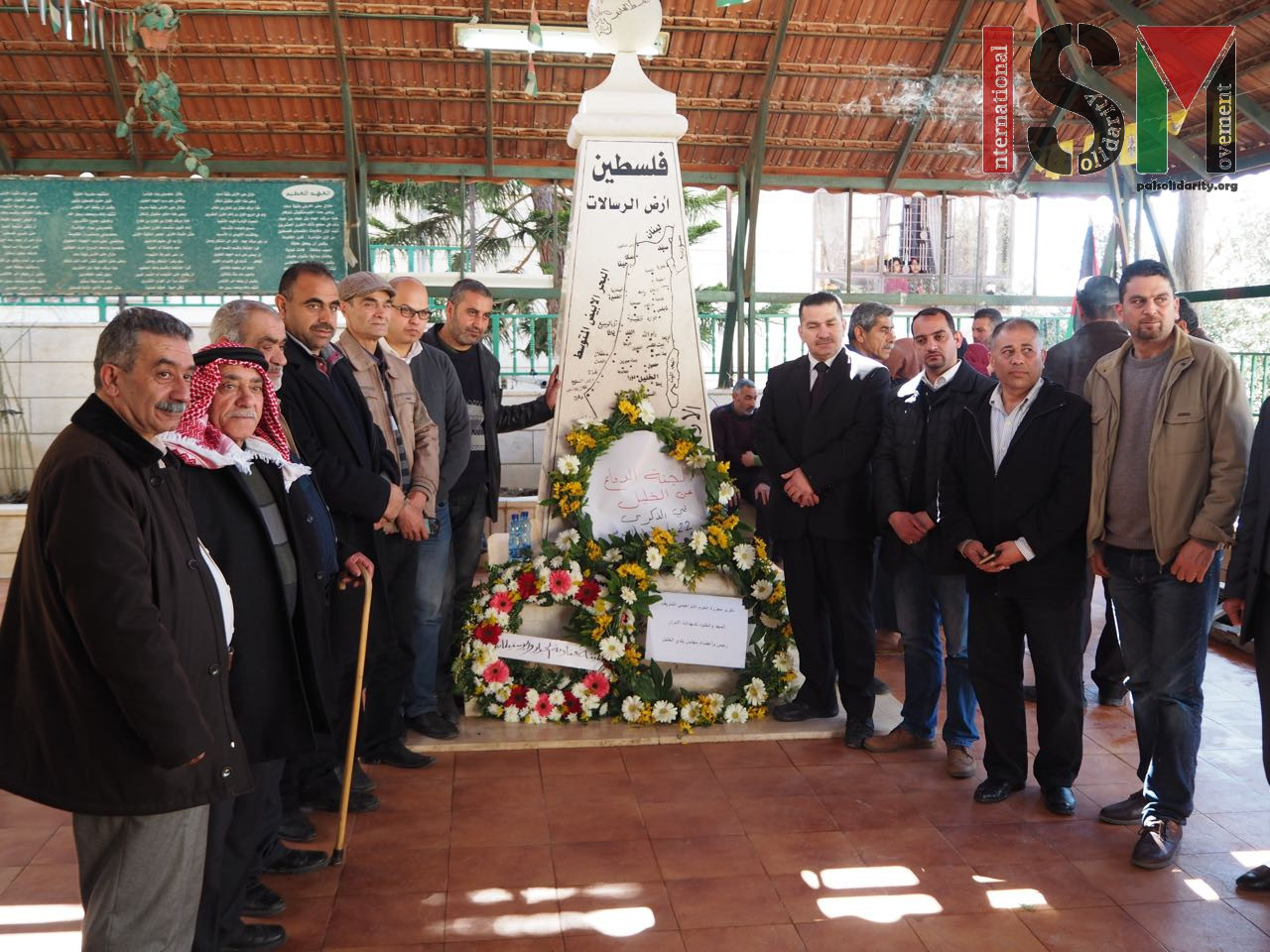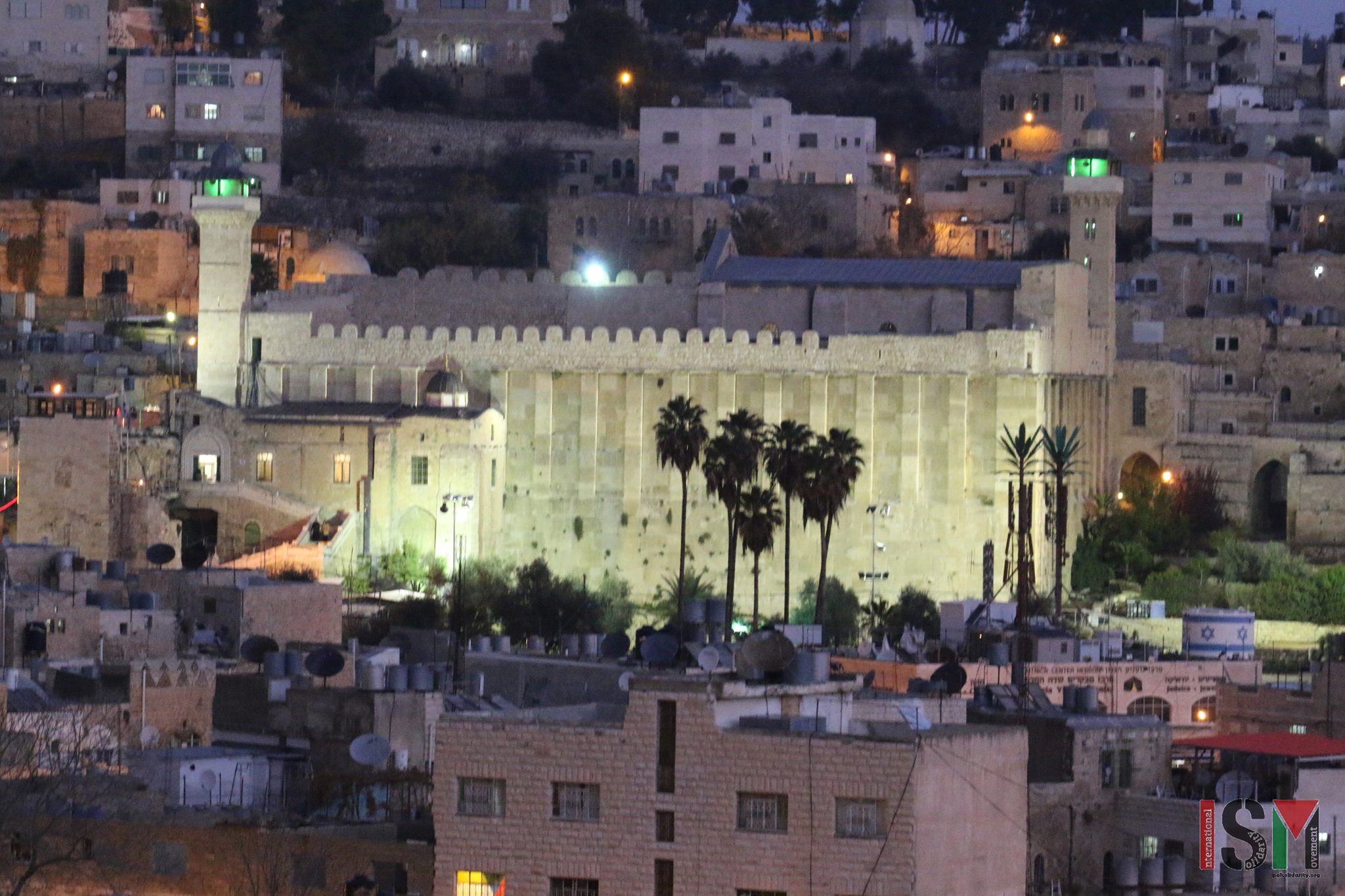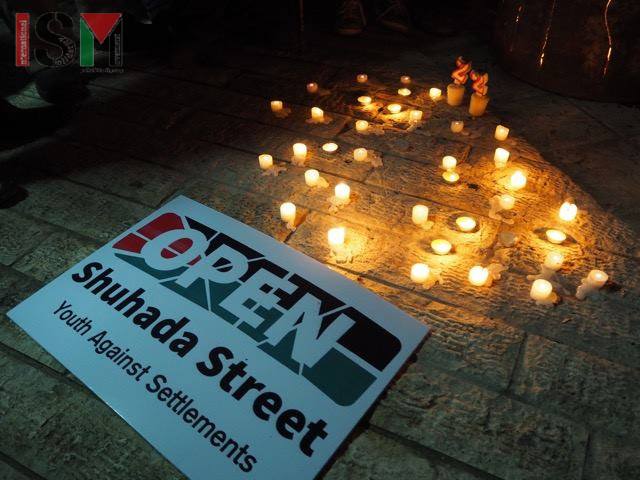Tag: Hebron
-
Wreath-laying in commemoration of Ibrahimi mosque massacre
25th February 2016 | International Solidarity Movement, al-Khalil team | Hebron, occupied Palestine 25 February 2016 marks the 22nd anniversary of the 1994 Ibrahimi Mosque massacre in occupied al-Khalil (Hebron). In commemoration of the Palestinians killed in this massacre, the Hebron Defense Committee (HDC) organised a wreath-laying at the martyrs cemetry. Baruch Goldstein, an Israeli…
-
22 years after the Ibrahimi mosque massacre, Palestinians still suffer consequences
25th February 2016 | International Solidarity Movement, al-Khalil team | Hebron, occupied Palestine On the 25th of February 1994, a US citizen residing in the illegal Kiryat Arba settlement entered the Ibrahimi mosque in the early morning during the month of Ramadan. Baruch Goldstein, dressed in his army uniform, opened fire on the Palestinians that…
-
Aggressive settler interrupts nonviolent commemorative event hosted by Youth Against Settlements
24nd February 2016 | Youth Against Settlements | Hebron, occupied Palestine Notorious settler Anat Cohen interrupted a peaceful movie screening, which was hosted by Youth Against Settlements to commemorate the victims of the Ibrahimi Mosque Massacre in 1994. Every night, Palestinians gather around a bonfire in the Salaymeh neighborhood of occupied Hebron to keep watch…



